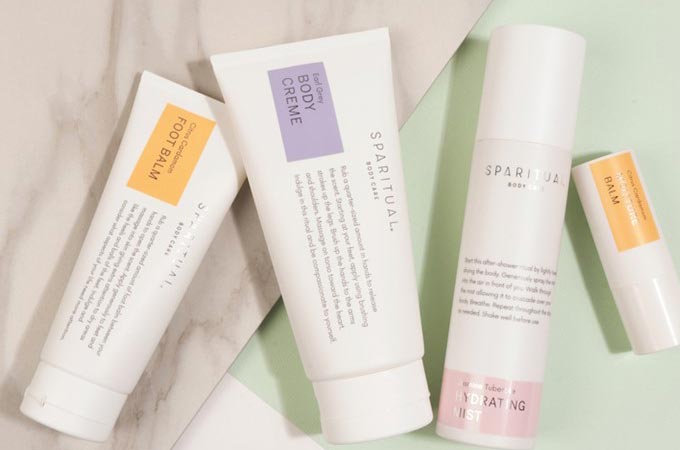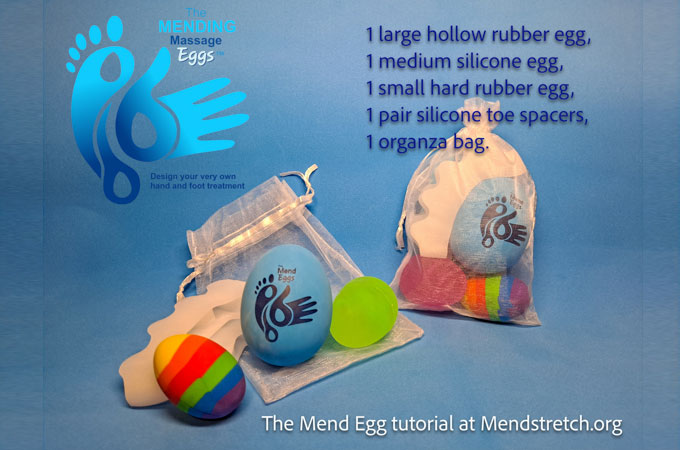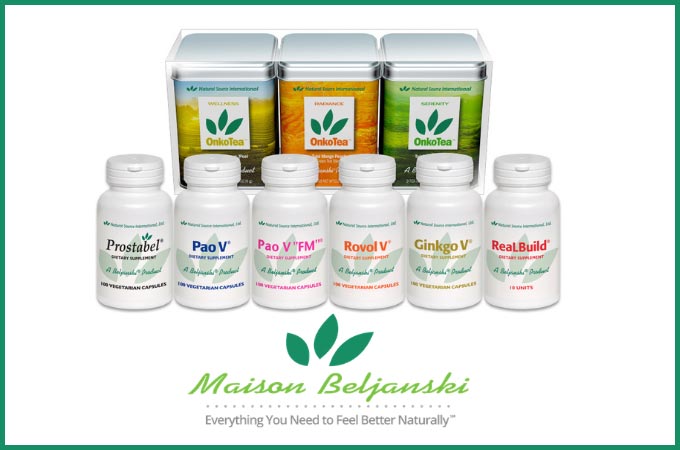Cancer-Proof Your Body
Recent research reveals 8 stealth strategies to keep the killer at bay. It's time to raise your carcinogen shields—and your overall health—using these smart anti-C moves
The average mouse doesn't care much about skin cancer. Outside of Disney cartoons, you won't see one slathering on sunscreen before heading out to dodge cats and search for cheese. But Gary Stoner, Ph.D., a professor emeritus of hematology and oncology at the Ohio State University medical center, does care about cancer. That's why he spends his days in a lab, feeding rodents polyphenols from seaweed and learning how to shrink skin cancer–like tumors. He's a mouse's best friend. Maybe yours, too.
Stoner is just one of many researchers working to bring new weapons to the cancer battle. Some study humans to take a fresh look at existing theories. Others, like Stoner, are testing tactics so bold that, so far, their only subjects have tails and whiskers.
But all these approaches (seaweed included) have one very positive thing in common: They're just plain good for you and bad for cancer cells. Here are eight strategies that just may turn the Big C into the Big See-Ya-Later. (Or, better yet, See-Ya-Never.)
Drink Pomegranate Juice
Some say this luscious, lusty red fruit is Eve's original apple, but what the pomegranate truly banishes is cancer risk. The fruit's deep red juice contains polyphenols, isoflavones, and ellagic acid, elements researchers believe make up a potent anticancer combo. It's been shown to delay the growth of prostate cancer in mice, and it stabilizes PSA levels in men who've been treated for prostate cancer. And now University of Wisconsin at Madison researchers have learned that pomegranate may also inhibit lung-cancer growth. If you currently smoke, have smoked in the past, or hang around in smoky places (Cleveland, for instance), the juice of the fruit could bolster your defenses.
Use it: The mice in the Wisconsin study received the human equivalent of 16 ounces of juice per day, so quaff accordingly.
Eat Blueberries
Got pterostilbene? Rutgers University researchers say this compound—found in blueberries—has colon cancer-fighting properties. When rats with colon cancer were fed a diet supplemented with pterostilbene, they had 57 percent fewer precancerous lesions after 8 weeks than rats not given the compound did. Eat blueberries and you'll also benefit from a big dose of vitamin C (14 milligrams per cup). In a study of 42,340 men, New England Research Institute scientists discovered that men with the highest dietary vitamin C intake (as opposed to supplements) were 50 percent less likely to develop premalignant oral lesions than men with the lowest intake were.
Use it: "About two servings daily is the human equivalent of what we fed the rats," says Bandaru Reddy, M.D., Ph.D., a chemical-biology professor at Rutgers. Load up at breakfast: A cup and a half of blueberries over cereal, plus 8 ounces of juice and half a grapefruit (for extra vitamin C), will do the trick. If that's too much to stomach at dawn, spread it out over the course of the day.
Relax a Little
Anxiety won't only make you soil your shorts. Purdue University researchers tracked 1,600 men over 12 years and found that half of those with increasing levels of worry died during the study period. Talk about flunking the exam. Only 20 percent of the optimists died before the 12-year study was completed. More anxiety-producing news: Thirty-four percent of the neurotic men died of some type of cancer. How neurotic are we talking? "Think of the biggest worrier you know—someone who stresses out over everything," says psychologist Daniel Mroczek, Ph.D., who conducted the study. "That man is probably above the 95th percentile in neuroticism. Then think of the most cool, calm, collected man you know. He's probably below the fifth percentile."
Use it: To develop that critical, casual Jeff Spicoli vibe, learn to slow down your fast times: "The more time you spend in the present moment, the more relaxed you'll be, because most mental anguish occurs over stuff that's already happened or that may or may not happen in the future," says Claire Wheeler, M.D., Ph.D., the author of 10 Simple Solutions to Stress. "For the most part, right now is pretty damn good. If you practice being present while shaving, for example, eventually you'll also be more present when eating, making love, and working."
























